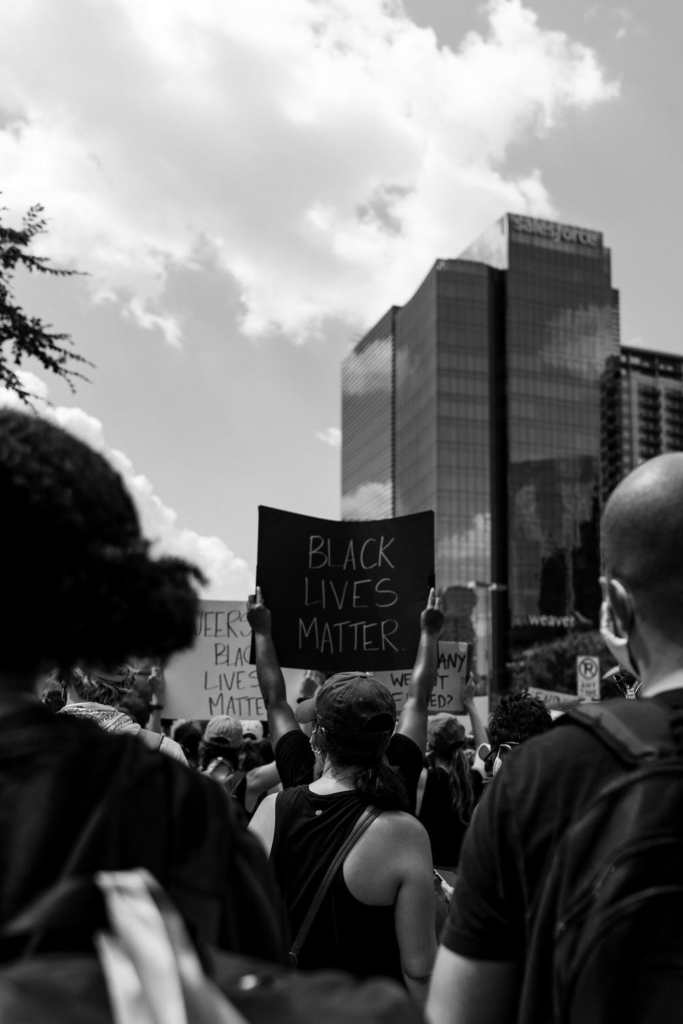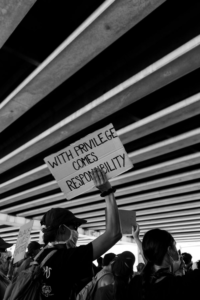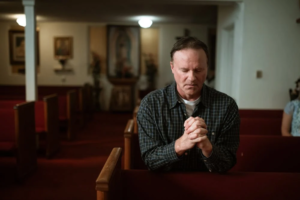
By Kim Koenig, WOW Dems volunteer
Perhaps it was because the news broke on Inauguration Day that the weight of it fell more like a feather than the brick that it was.
After learning the initial Covid-19 vaccine rollout was not achieving the reach needed for maximum community impact, the Dallas City Council voted to change their distribution plan to reflect the broader needs of the city. But this nonpartisan decision, driven by concerns over significant disparities in the vaccine distribution effort, triggered an immediate response from the state that will have a profoundly negative impact on the people of Dallas.
A problematic pattern of distribution
The initial plan was simple: Target those aged 75+ first. It was a broad recommendation that flowed straight from the CDC through the Texas Department of State Health Services (DSHS), and for a first pass it made a lot of sense–the oldest among us are the most vulnerable.
But after a few weeks, a problematic pattern of distribution emerged: By focusing the limited vaccine supply on those 75 and older, most of the doses were going to residents living in North Dallas zip codes, which also happen to be within some of the county’s most affluent areas. And suddenly, one of the many social disparities that had remained quietly in the dark before Covid-19 ravaged the country was laid bare, awash in sunlight: Only wealthy communities were getting the vaccine, because you need money to grow old in America.

Public Domain Image
A fundamental change
In response to a clear disparity in the vaccine distribution plan, Republican Dallas County Commissioner J.J. Koch initiated a shift which would refocus the vaccine distribution to 11 zip codes, most of which fall south of I-30.
They also happen to be predominantly poor communities of color.

PC: Lan Nguyen
This broad shift in geographic priorities was based on two data sources. The first was the county’s Covid-19 vulnerability index. Developed by the Parkland Center for Clinical Innovation (PCCI), the index has been used by county health officials to identify which Dallas regions are most at risk for Covid-19 exposure. The information is derived from a wide breadth of social, economic, and health factors which produce precision data points that can be used to proactively manage containment of the virus.
The second was a health inequities report published in a joint effort by Parkland Health System and the Dallas County Health Department in the Fall of 2019. The report demonstrated that the population of Dallas County is deeply affected by health disparities which can be traced both racially and geographically to five zip codes. Those five zip codes also happen to be on the list of 11 zip codes targeted in the vaccine reprioritization protocol.
“Unacceptable”
With almost precision timing, the Texas bias machine went to work. Officials at DSHS forced the Council to reverse its decision under threat of deep cuts to the county’s already unacceptably low vaccine supply. And despite the fact that the terms for the proposed changes to the county’s distribution efforts included the state’s criteria for vaccination, a letter from Imelda Garcia at DSHS to the Dallas City Council called the move “unacceptable.” She went on to acknowledge the county’s responsibility is “to ensure the vaccine reaches the hardest hit areas and populations” while simultaneously stating “vaccinating people who live in those areas is not in line” with the state’s expectations. The Dallas City Council was then forced to abandon the plan to retain its vaccine supply.

City of Dallas, Public Domain Image
Shameless bias
What is particularly shocking about the way the Texas bias machine works isn’t that it exists; it’s that it exists without shame. Perhaps that’s due to the influence of TV, movies, and the tales of back-room deals brokered by only the most powerful players in and around government. And to some extent, that brand of political brokering is still very real at virtually every level of our nation’s power structures.
But the Texas bias machine (i.e., the Texas Republican Party) has taken some very public steps to ensure their clear social biases are laser-focused on their base to stoke fear and drive anxiety under the false notion that so-called “elitists,” or worse, people of color, are going to take away their rights to go to church or have a firearm. That they’ll be taxed into oblivion to support a welfare state. That our free and fair elections are anything but.
Or, perhaps, that they won’t be able to get a vaccine, lest a person of color receive it first.

Public Domain Image
But, of course, these anxieties have no basis in reality. More than 60 failed attempts to overturn the 2020 presidential election revealed our election system is the most transparent and robust in the world. Data consistently demonstrates it’s Democrats, not Republicans, who financially benefit the country. And the rights to go to church and own a firearm are both guaranteed by our Constitution; anyone who suggests their repeal is likely or even possible is disingenuous at best. (The process is so arduous, in fact, that in our nearly 250-year history, we’ve managed to do it exactly one time, and that was because Americans really, really like alcohol.)
So, does anyone truly believe that in a country born of a war fought for the freedom to–among other things–worship freely, that anyone would ever have the political capital necessary to remove the right to own a gun or worship?

PC: Kelly Lacy
A contrived culture war
So, why do they do it? Why does the Texas bias machine expend so much political capital to keep itself running? Why not use it instead on actual legislation and delegation?
Because throughout the last 50 years, the progressive agenda has won virtually every significant cultural fight–such as abortion, gay rights, and marijuana–leaving the right to lean on a contrived culture war because, from a cultural perspective, they have nothing left. And decades of pushing such fervent anti-government rhetoric has produced a nonexistent legislative agenda. If the government can’t do anything, then neither can legislators, right?

Texas State Capitol Dome, Austin, PC: Emily Jewell Knaub
The net result of the 2021 Texas congressional session thus far has been a Republican agenda which has produced a series of redundant and meaningless pieces of legislation. Take Kyle Biedermann’s HB 1359, for example, which would give Texans the choice to (wait for it…) secede. A right, by the way, that not only already exists in our state constitution, but is a hallmark of the Republican state party platform.
And despite calling the proposed referendum “the most un-American bill I’ve seen in my 4+ terms in the Texas House”, local Republican firebrand Jeff Leach (HD67) has also jumped on the Texas bias machine with his bill HJR 72, the “Texas Essential Church Act”, which codifies into the state constitution the guarantee to worship, a right which is already guaranteed by the United States Constitution.
Conservatives used to have a visceral aversion to redundant policies; modern conservatism seems to relish them. It’s a new day for Republicans, it seems.

PC: Lan Nguyen
Smoke and mirrors
Why are they doing this, especially when they only have 140 days to use the immense power of our state’s government to figure out how to, among other things, successfully claw our way out of the social and economic disaster that has been Covid-19?
Because when you don’t have an actual legislative agenda and you have no interest in governing, you do what you do best: You scare people. You play on their biases and you convince them they’re going to lose something they have no chance of losing in the first place. And then, as you continue to watch a virus silently destroy communities across the state, you make them believe there was nothing anyone could have done about it because the government is bad. And then you ask for their prayers as you prey on their fears, and you cross your fingers and hope they don’t notice your version of governance was nothing more than smoke and mirrors when the next election rolls around.

Public Domain Image
**********
The State of Texas and its Republican bias machine are a house of cards. And like a house of cards, its balance is delicate at best. It risks falling down when, say, its third-largest city determines the overall health of its citizens would be better served in a crisis by caring first for the community’s most vulnerable, who also happen to be primarily people of color. But as the adage goes, when you’re accustomed to privilege, equity feels like oppression. And nobody weaponizes perceived oppression like the Texas Republican party and its shameless bias machine.
What You Can Do to Help:
- Join WOW Dems’ new Activist Mobilization Project to help unseat the likes of Jeff Leach and get more Dems elected
- Contact your county officials and demand equitable access to vaccines
- Contact your elected officials at all levels to encourage non-biased governance
